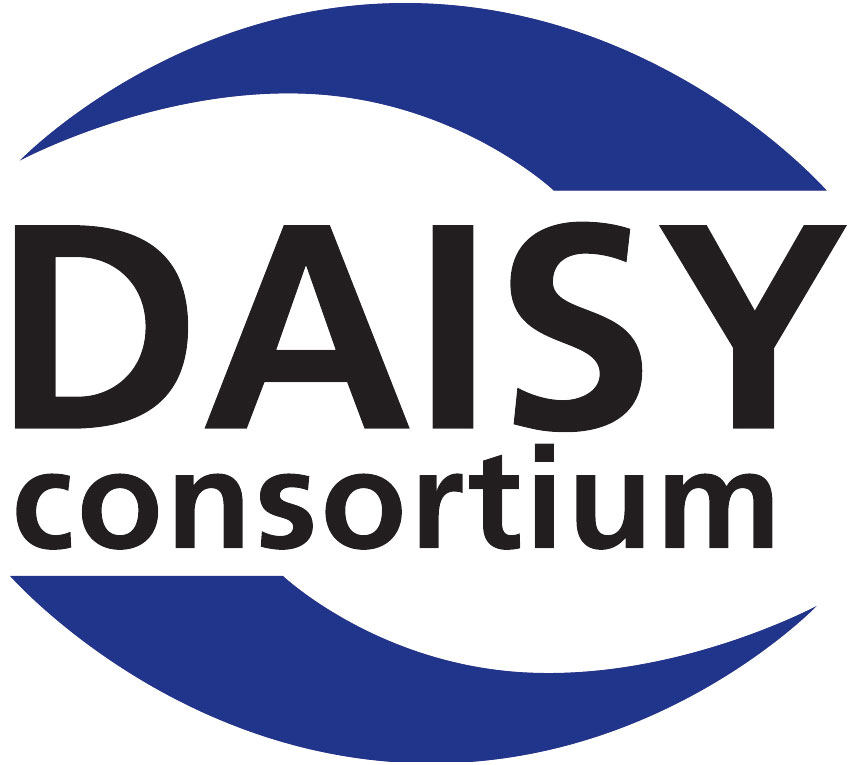Software

This section contains information on software developed by the DAISY Consortium. DAISY leads the development of software used around the world in the creation, conversion and validation of accessible publications. In many cases, a link to the development site is available.
Active Work
- Ace by DAISY—Accessibility Checker for EPUB developed by the DAISY Consortium for use as a stand-alone product or as part of an integrated third-party component in broader publishing workflows or authoring processes.
- Obi—audio book production tool for digital talking books. Obi brings the benefits of DAISY technology to a broader range of consumers. In situations where time and cost constraints limit the use of sophisticated synchronized multimedia production tools (e.g. classroom environment, people and organizations in developing countries), Obi can unlock the potential of producers and consumers (e.g. teachers and students).
- Pipeline—content conversion processes available in multiple formats for technical and more novice users.
- Save As DAISY—created to allow people to easily produce DAISY Format material from structured MS Word documents.
- Tobi—audio book production tool for human narrated titles. Tobi is an authoring tool geared towards re-purposing published material. It allows users to add audio narration to a text-only document, to synchronize a podcast with a structured script, or to review and improve an existing Digital Talking Book.
- WordToEPUB—tool to rapidly create EPUB publications from word processing documents from Microsoft Word, Google Docs, LibreOffice Writer and Apple Pages. The EPUB files created with this tool can be used in reading apps on any platform, with great screen reader compatibility, and the ability to personalize visual features such as colors, font, text size and layout.
Completed Work (no longer supported)
- AMIS—Adaptive Multimedia Information System is a free, open source software program that can be used to read DAISY books. It is self-voicing, meaning that no specialized screen-reading software is needed in order for it to be used by visually impaired people
